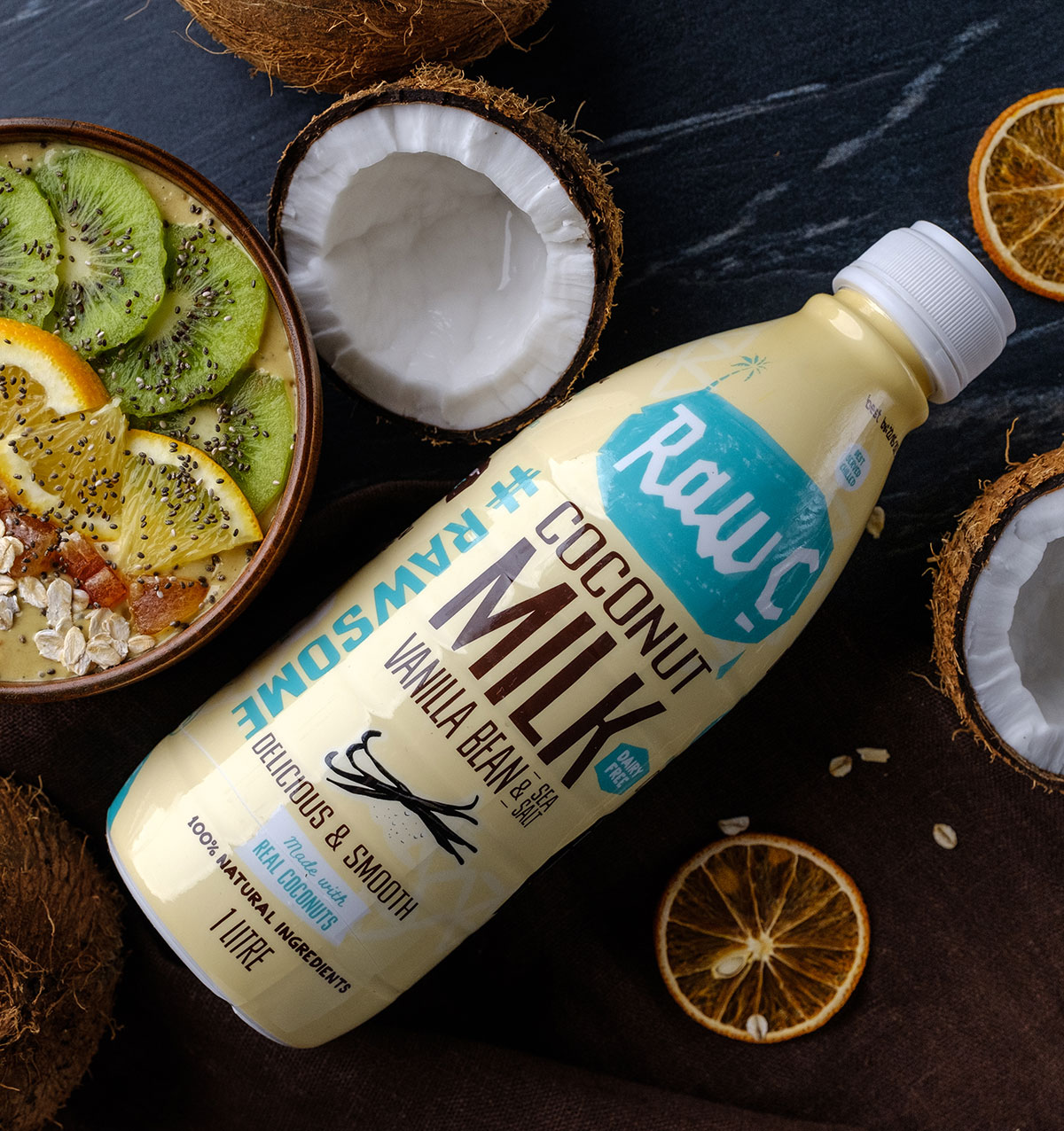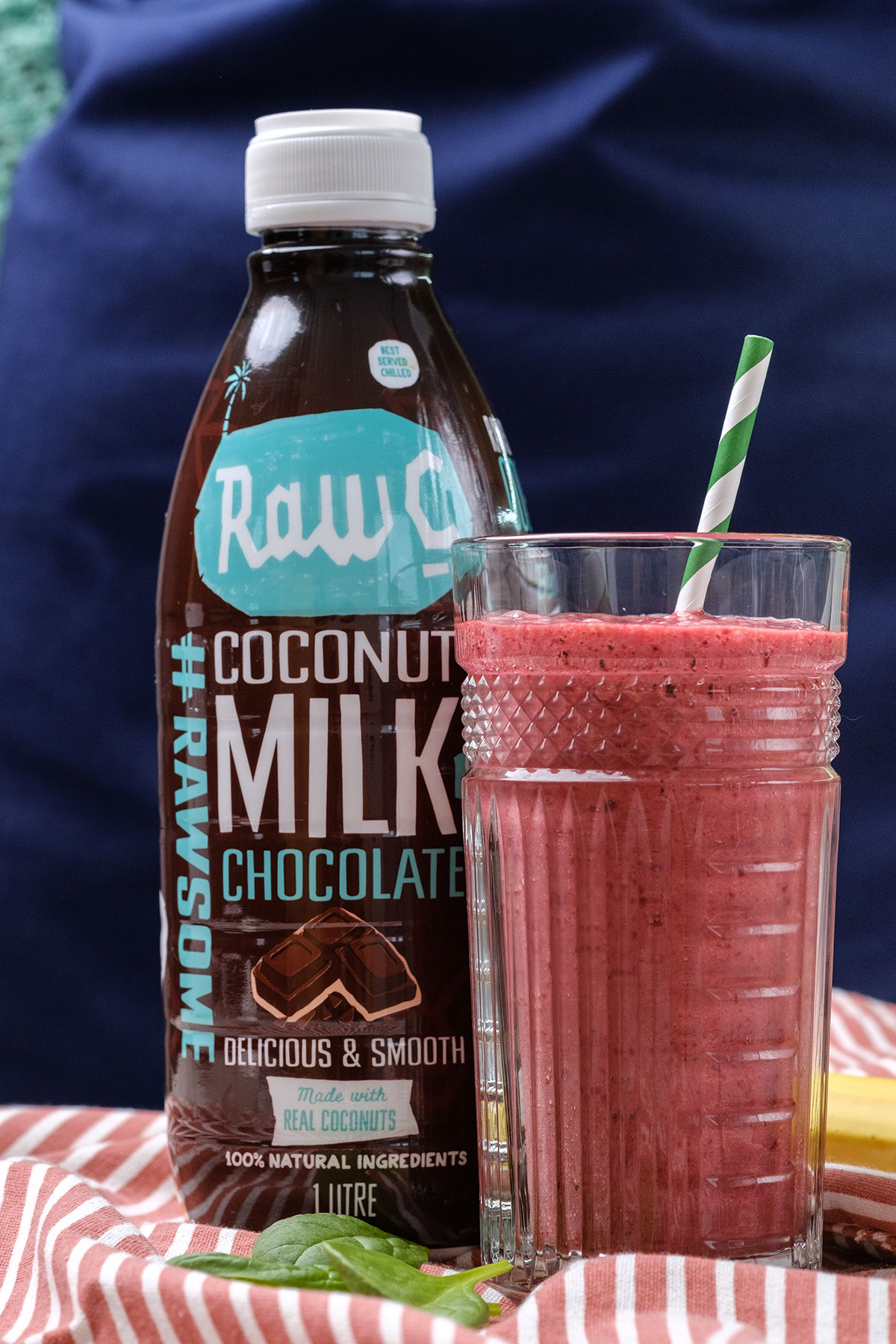

What is a plant-based diet?
It’s no surprise that we’re plant obsessed here at Raw C! With that in mind, it seems incredibly fitting for us to delve a little deeper into the concept of plant-based diets, and to do just that we’ve asked Dietitian and Nutritionist Millie Padula to answer the most common plant-based eating questions.
So, what is a plant-based diet?
A plant-based diet is exactly that, a diet based around plants! When we think of plant foods, it is often fruits and vegetables that spring to mind – but it is really important to remember that plant foods also encompass nuts, seeds, wholegrains and cereals and lentils and legumes. The term plant-based is very subjective, and often means something different to everyone. Definitively speaking though, plant-based eating habits (unlike the vegan way of eating) allow for the inclusion of animal products. Therefore, foods such as eggs, meat, fish and dairy can be included (based on your preference) in small amounts, given the majority of your food intake is derived from plants.
What are the benefits of a plant-based diet?
Plants form the basis of some of the most beneficial eating patterns in the world, and this doesn’t come as much of a surprise given how incredibly nutritious plant foods are. Most plant foods are high in gut-loving fibre, disease-fighting antioxidants and immune-supporting vitamins and minerals, making this style of eating vastly appealing for individuals around the globe. Who can blame them?
Are plant-based diets nutritionally complete?
With careful planning, consideration and guidance from a dietitian, plant-based diets (whether they include animal products or not) can generally provide you with all of the nutrients you need. For individuals who choose not to consume dairy, it can be slightly more difficult to meet your calcium requirements. With that in mind, I would recommend consuming a calcium-fortified plant milk such as Raw C’s Calcium Boosted Unsweetened Coconut Milk which contains calcium derived from seaweed and contains 25% of you daily requirements of calcium.
Again, if animal products are removed completely, it may be challenging to meet your Iron & B12 requirements. My advice – increase your intake of iron-rich plant foods such as chickpeas, lentils, tofu and green leafy vegetables and look for products that are fortified with B12 such as nutritional yeast, breakfast cereals or plant-based milks. If you are unable to meet your requirements through your diet alone, see a doctor/dietitian to assess the need for supplementation or ongoing dietary intervention to prevent nutritional deficiencies and further complications.
Check out our all-natural plant-based milks – available in Chocolate , Vanilla Bean and Sea Salt and Unsweetened as well as Calcium Boosted – perfect straight up or in smoothies – just like this Salted Caramel recipe.

